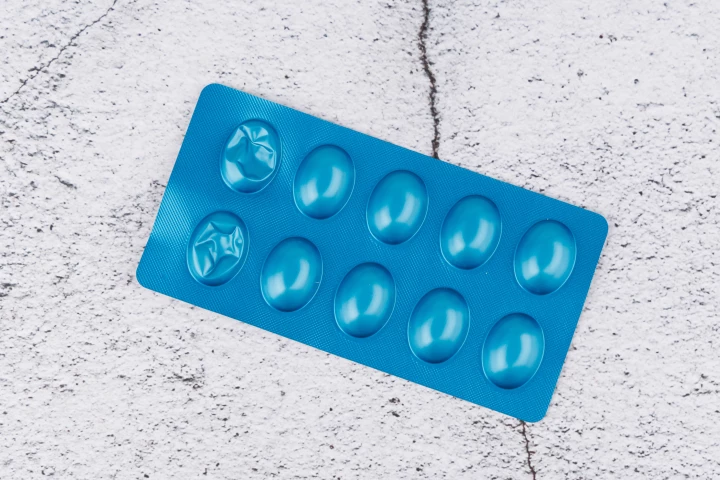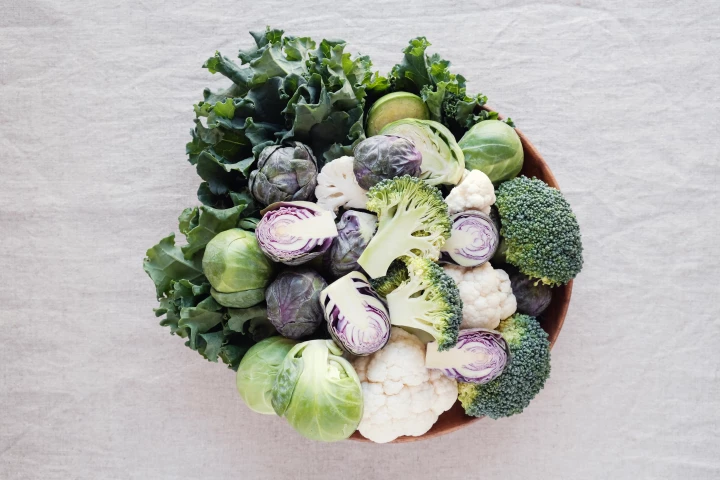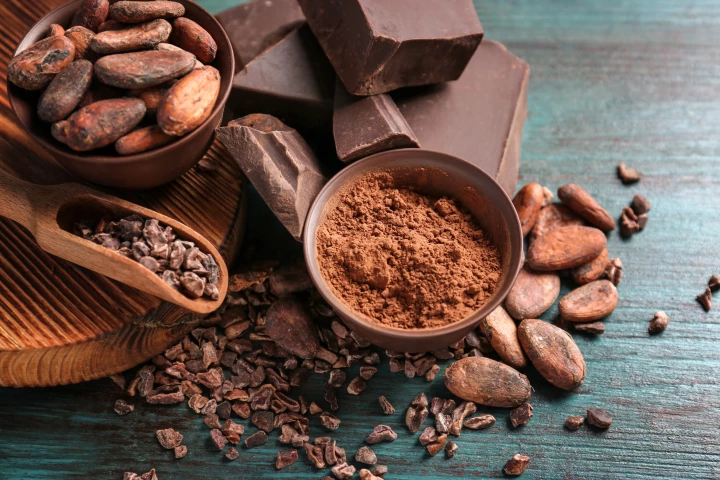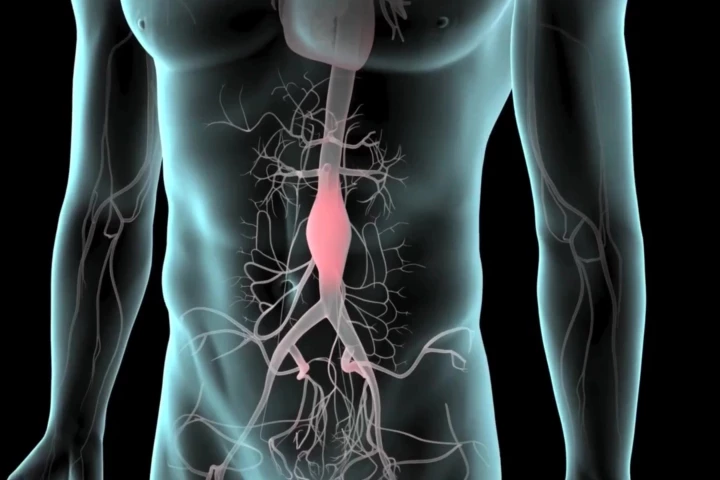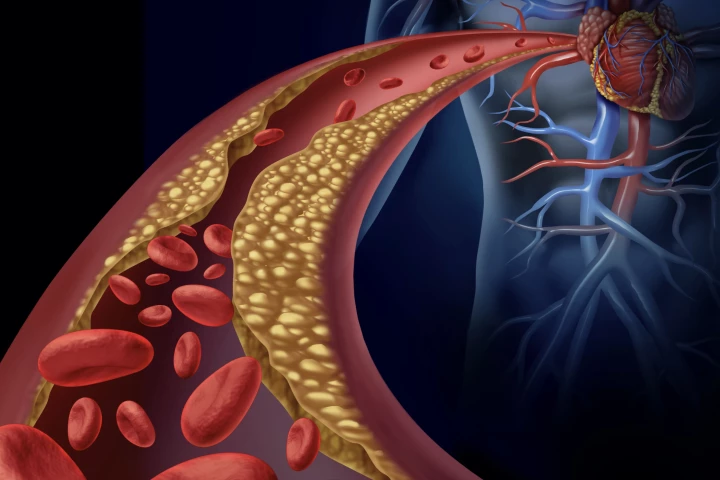Cardiovascular disease
-
A new study has revealed that Alzheimer's disease breaks apart nerves and blood vessels in fat tissue throughout the body. The finding could help explain the disease's ravages beyond mental impairment and offers hope for better patient care.
-
Sitting has often been referred to as the new smoking thanks to its negative health benefits. For the first time ever, according to researchers in England, the flavanols in cocoa have been found to block its detrimental effects on blood vessels.
-
After examining 13 million hours of light exposure data, researchers found that experiencing bright light during the dark hours can significantly increase the risk of heart failure and heart attack. The effect was most notable in younger adults.
-
The age of the GLP-1 drug has reached yet another milestone, with the US Food and Drug Administration green-lighting Novo Nordisk's once-daily oral semaglutide pill to treat people at high risk of cardiovascular events like heart attack and stroke.
-
In a massive international study, researchers identify four precise warning signs of a heart attack, stroke or heart failure, and understanding these measurable risk factors could help people understand their vulnerabilities long before a health event.
-
A report based on data compiled between 1990 to 2023 across 204 countries found that cardiovascular diseases remain the most common cause of death among humans. Heart conditions are behind one in every three deaths on the planet.
-
There's new evidence that cruciferous vegetables blunt spikes in blood sugar levels, which could be particularly important for those with type 2 diabetes or are at risk of developing it. And you only need a handful a day to reap the health benefits.
-
A daily cocoa supplement appears to reduce age-related inflammation, according to the largest study of its kind. The findings support earlier evidence that flavanols from plants like cocoa may help protect the heart and even slow biological aging.
-
Scientists have implicated a gut byproduct from meat and other animal foods in the growth of deadly abdominal aortic aneurysms. Often symptomless, as it develops, a ruptured aneurysm has a mortality rate above 80%. And currently, treatment is limited.
-
When someone collapses from a heart attack, chances of survival fall 10% with every passing minute without defibrillation. Now, scientists have come up with a novel way to reach cardiac arrests faster – using food-delivery riders as first responders.
-
The shingles vaccine is up to 97% effective in preventing the condition caused by the herpes zoster virus, which inflames nerves and causes painful rashes. Now, a new metastudy says it may also be a big help in boosting cardiovascular health.
-
A new generation of nanoparticles can detect, shrink and clear plaques in the arteries, lowering inflammation and drawing out harmful cholesterol to be cycled via the liver. They offer a new way of diagnosing and fighting heart disease without drugs.
Load More



